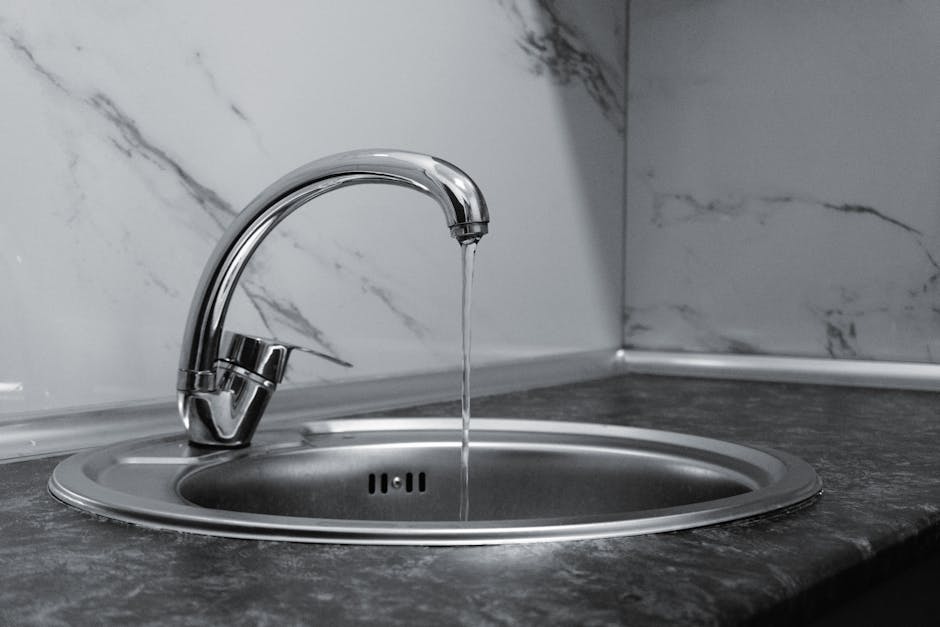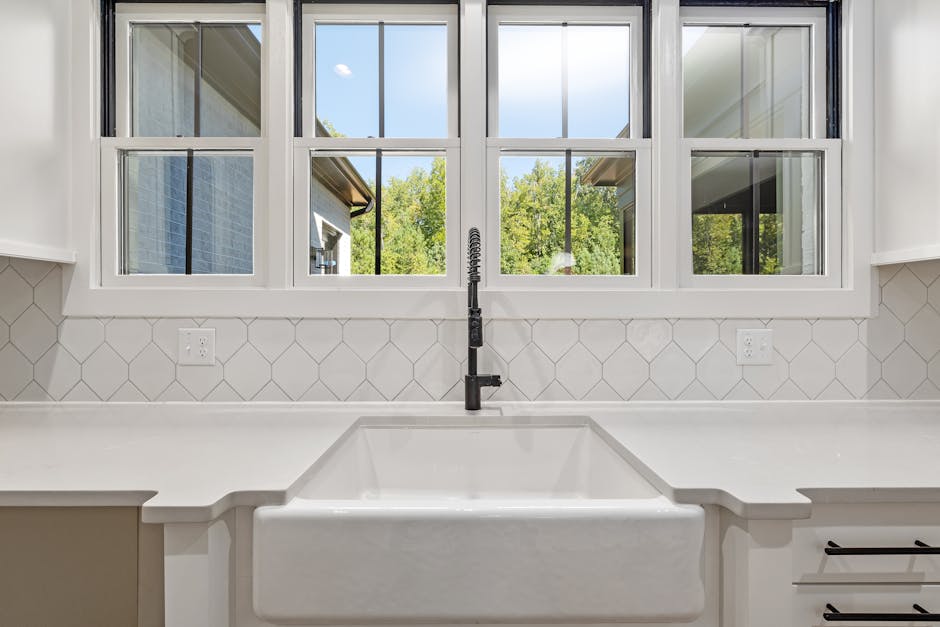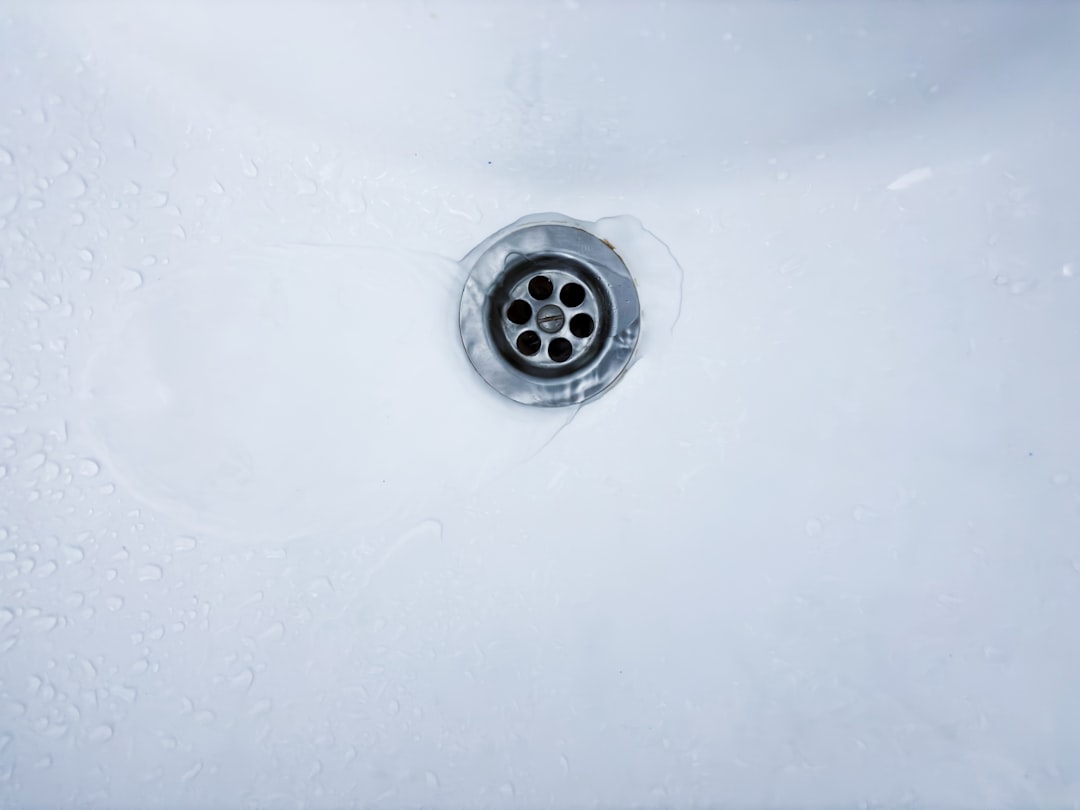.jpg)
Common Causes of Clogged Air Filters Damaging AC in Sacramento Area Homes
Your home's air conditioning system is a marvel of modern engineering, designed to keep you comfortable even during Sacramento's scorching summers. At its core, the air filter plays a seemingly simple yet profoundly critical role: it’s the first line of defense, trapping dust, pollen, pet dander, and other airborne particulates before they can enter and potentially harm your AC unit. However, when this filter becomes clogged, it transforms from a protective barrier into a significant liability, paving the way for a cascade of problems that can severely impact your system's performance and longevity.
This is especially true in the Sacramento area, where dry conditions, seasonal pollen, and even local construction can introduce an abundance of dust and allergens into your indoor environment. Pet owners will find their filters clog faster due to dander and fur. Homes near busy roads or agricultural areas may also experience quicker filter accumulation due to external factors.
When an air filter becomes oversaturated with these particulates, it obstructs the vital airflow needed for your AC system to operate efficiently. The unit has to work harder to pull air through the restricted filter, leading to increased strain on the motor and fan components. This reduced airflow is not just an efficiency issue; it fundamentally disrupts the heat exchange process that is the very essence of air conditioning. Without adequate airflow over the evaporator coil, the refrigerant inside cannot properly absorb heat from your indoor air, causing the coil to get excessively cold and, often, to freeze over. This single issue alone can lead to a host of expensive repairs and system failures.
Why This Problem Hits Harder Here in Sacramento
Living in the Sacramento Valley offers many advantages, but when it comes to HVAC maintenance, our unique climate presents particular challenges. The problem of clogged air filters damaging AC units hits harder here primarily due to our extended periods of intense heat and the specific environmental conditions that prevail throughout much of the year. Our summers routinely push temperatures well into the triple digits, forcing AC systems to run almost continuously for months on end. This sustained operation means your air filter is working overtime, filtering an enormous volume of air compared to regions with milder climates.
Moreover, the Sacramento area is prone to specific airborne irritants. While the Delta breeze is a welcome relief, it can also carry dust and fine particulate matter across the valley, especially during dry spells. Our long spring and early summer seasons bring high pollen counts from various trees and grasses, adding another layer of particulate matter for your filters to contend with. These factors combine to accelerate filter clogging, requiring more frequent changes than in other parts of the country. Failing to adapt your filter replacement schedule to these local conditions is a common oversight that can lead to significant AC problems. Always Affordable Plumbing understands the specific demands our local climate places on home systems, which is why we emphasize proactive maintenance.
Signs You Shouldn't Ignore
Ignoring the subtle warnings of a clogged air filter is like ignoring a check engine light in your car—it almost always leads to bigger, more expensive problems down the road. Catching these signs early can save you from a major breakdown when you need your AC the most. Here are the critical indicators that your AC filter is clogged and likely damaging your system:
- Reduced Airflow: This is often the most noticeable sign. If you feel weak air coming from your vents, or if some rooms feel significantly warmer than others, a clogged filter is likely restricting the air moving through your ductwork.
- Higher Energy Bills: Because your AC has to work harder to pull air through a restricted filter, it consumes more energy. If your electricity bills are suddenly climbing without a corresponding increase in usage, a dirty filter could be the culprit.
- AC Constantly Running (Short Cycling): A struggling AC unit might run for shorter bursts more frequently (short cycling) or continuously without ever reaching the set temperature. Both scenarios indicate inefficiency, often due to poor airflow from a clogged filter.
- Warm Air Blowing: If your AC is running but the air coming out isn't cold, or feels only slightly cool, it's a strong indicator that the system isn't exchanging heat effectively. A frozen evaporator coil, a direct result of restricted airflow, is a common reason for this.
- Strange Noises: A clogged filter can cause your AC system to make unusual noises. A whistling sound can indicate air being forced through a narrow opening, while rattling or banging might point to components straining under excessive load.
- Ice on the Outdoor Unit or Refrigerant Lines: This is a definitive sign of a severe airflow issue. When the evaporator coil inside freezes, it often leads to ice forming on the refrigerant lines outside or even on the outdoor compressor unit itself. This indicates a serious problem that needs immediate attention.
- Poor Indoor Air Quality: If your home feels dustier than usual, or if family members are experiencing increased allergy symptoms, a clogged filter is no longer effectively trapping airborne particles, recirculating them throughout your living space.
- AC Unit Struggling to Cool: You might notice your home never quite reaches the desired temperature, no matter how low you set the thermostat. This constant struggle to cool is a classic symptom of an AC system being suffocated by a dirty filter.
Recognizing these signs early can prevent minor issues from escalating into major repairs, protecting your comfort and your wallet.
How Sacramento Weather Makes It Worse
Sacramento's distinctive weather patterns amplify the negative effects of clogged air filters on AC systems. It’s not just that we have hot summers; it’s the combination of extreme heat, prolonged dry spells, and our geographical location that creates a perfect storm for AC strain and filter issues.
During our infamous 100°+ summer days, your AC system is under immense pressure. It’s designed to run, but not to fight against itself. When a filter is clogged, the system has to work significantly harder and for longer durations to try and achieve the desired indoor temperature. This continuous, arduous operation stresses the compressor, fan motor, and other critical components, accelerating wear and tear. Imagine trying to run a marathon while breathing through a straw; that’s what a clogged filter does to your AC.
The dry conditions prevalent in much of California, particularly during fire season, mean there’s often more particulate matter in the air—from fine dust to microscopic ash. While hopefully not directly impacting your home, the general air quality can be dustier. When this mixes with the pollen from our abundant local flora during spring and early summer, your AC filter becomes a magnet for these tiny invaders. The relentless demand for cooling in summer combined with this increased particulate load means filters become saturated much faster than homeowners might anticipate. A filter that might last two months in a cooler climate could be completely choked in less than a month here. This makes regular, proactive filter inspection and replacement not just a recommendation, but a critical necessity for any Sacramento homeowner to maintain AC health and efficiency throughout our long, hot season.
Step-by-Step Troubleshooting Guide
Before calling in a professional, there are a few straightforward steps you can take to troubleshoot AC issues that might stem from a clogged air filter. Always prioritize safety, and when in doubt, call a qualified technician. Always Affordable Plumbing advises homeowners to perform these checks regularly, especially before and during the peak cooling season.
- Turn Off the Power: Before doing any inspection or work on your AC unit, always turn off the power at the thermostat and, crucially, at the circuit breaker that controls your outdoor unit. This prevents accidental starts and ensures your safety.
- Locate and Inspect the Air Filter: Most AC filters are located in the return air duct, either behind a large vent cover in a wall or ceiling, or in a slot where the return duct enters the air handler (the indoor unit of your AC system, often located in a closet, attic, or garage). Pull out the filter and hold it up to a light source. If you can’t see light through it, or if it’s visibly coated in dust, dirt, or pet hair, it's definitely clogged.
- Replace the Air Filter: This is the simplest and often most effective fix. Note the size and MERV rating of your old filter and replace it with a new one. Ensure you insert the new filter in the correct direction; there will be an arrow on the filter indicating the direction of airflow towards the AC unit.
- Check for Blocked Vents: Walk around your home and ensure all supply registers (where cool air comes out) and return air grilles (where air is drawn back into the system) are open and unobstructed by furniture, curtains, or rugs. Restricted vents can mimic the symptoms of a clogged filter by limiting airflow.
- Inspect the Outdoor Unit (Condenser): With the power still off, visually inspect your outdoor condenser unit. Clear away any leaves, grass clippings, dirt, or debris that might be blocking the fins. Good airflow around the condenser is crucial for proper heat dissipation.
Other Blogs
Customer Testimonials
See what our satisfied customers have to say about their experience with Always Affordable
Plumbing & HVAC.
Latest Blog Posts


Elk Grove Drain Cleaning: How to Find Reliable Local Service






